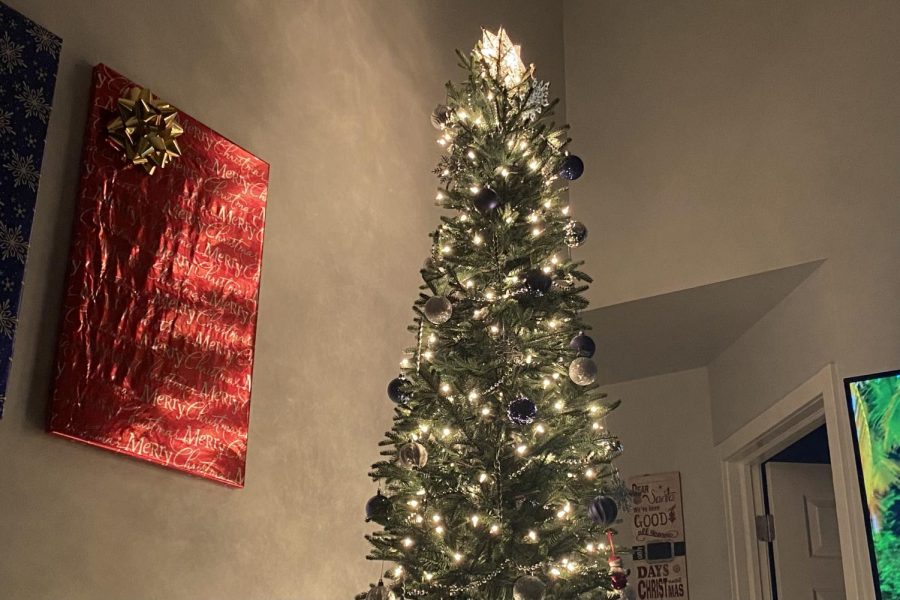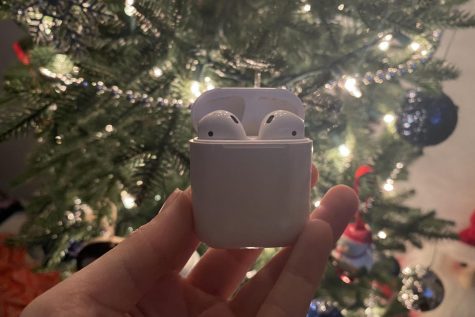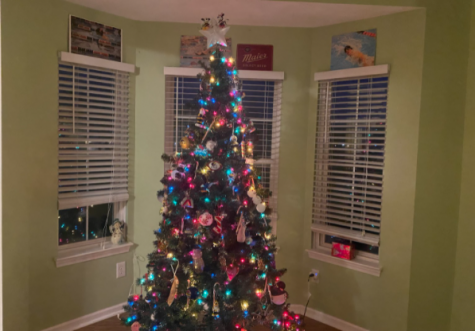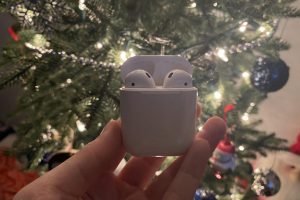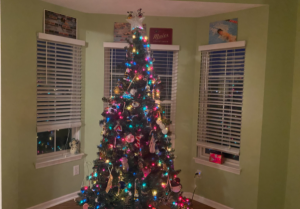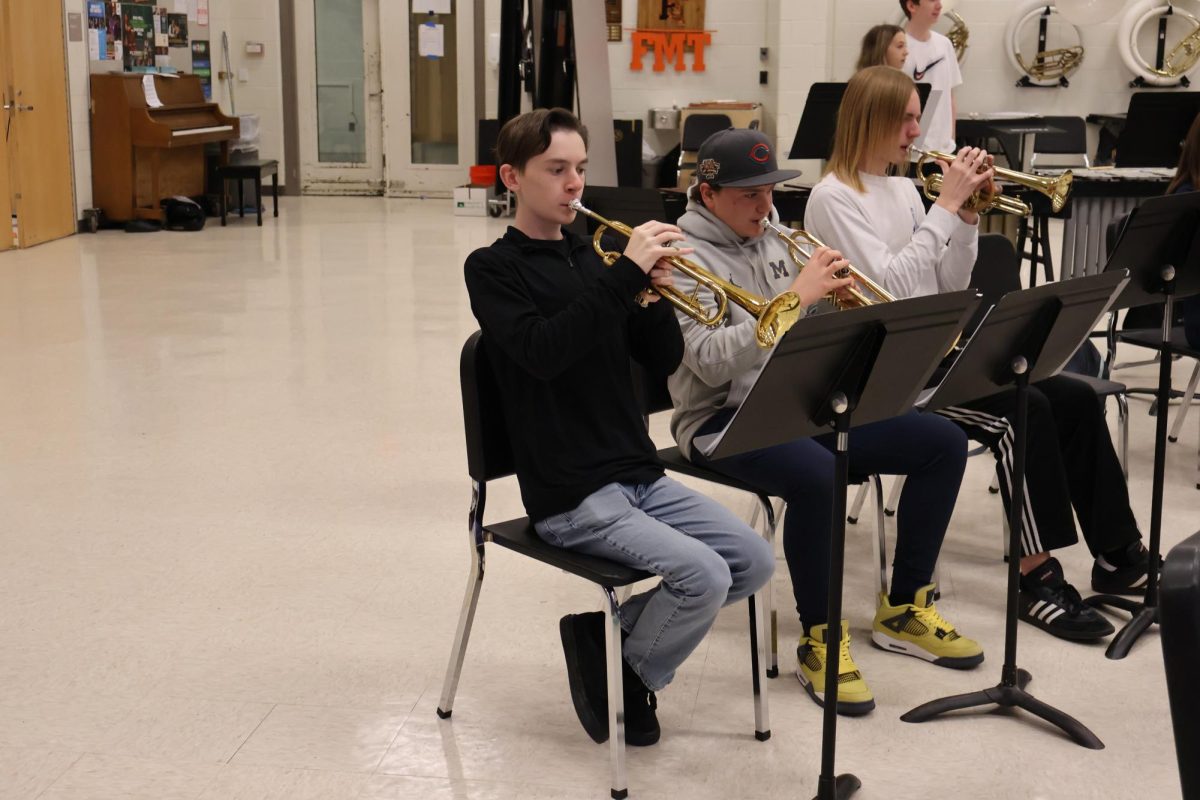Christmas Trees in short supply
PHOTO Bree Soule
December 13, 2021
With the holiday season not being able to escape the pandemic and supply chain crisis, asking Santa for a Christmas tree this year may be more reliable than trying to purchase one.
Real and artificial Christmas trees are in short supply for a few reasons: the supply chain crisis, climate change and lack of transportation. With this decrease in supply, consumers will face slightly higher prices.
According to the American Christmas Tree Association (ACTA), “With extreme weather conditions in the Pacific Northwest and supply chain issues throughout the U.S. impacting availability, consumers who delay their tree purchase will face limited selection and fewer options than in past years. As the year progresses, ACTA continues to recommend that consumers purchase their tree as early as possible this year.”
Jami Warner, the executive director of the ACTA, explained to CNBC reporters that ongoing supply chain disruptions have particularly affected artificial trees, which are mostly imported from Asia and take longer than usual to get to the U.S.
Chris Butler, CEO of National Tree Company and top importer and wholesaler of artificial Christmas trees and holiday decorations, announced he was short approximately 1,000 shipping containers this year, not to mention the lack of supply in general. Despite the lack of transport, Butler was able to complete 90 percent of his orders. However, this decrease in containers didn’t mean a decrease in price. He paid approximately $20,000 compared to the usual $2,000-$3,000 for containers.
However, not all tree farms have been this lucky. Richardson Christmas Tree Farm, located in Spring Grove, Ill., typically sells six to seven thousand trees per year off of their 130 acre tree farm. Due to the short supply, this farm will only stay open until Dec. 5.
All consumers should shop early this year, otherwise, it may be more difficult to find the “perfect” tree.

